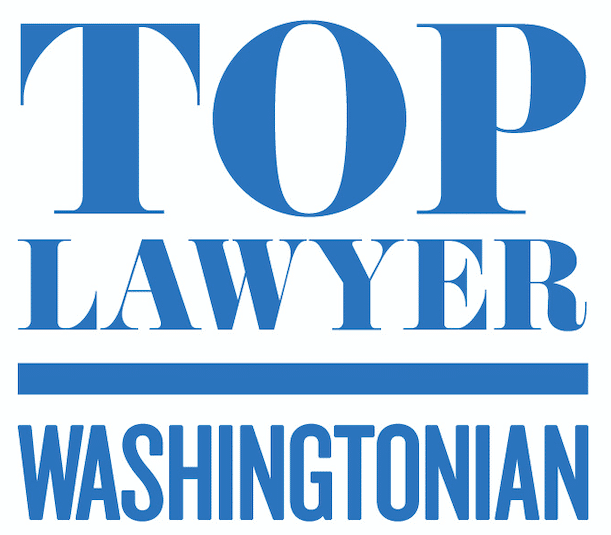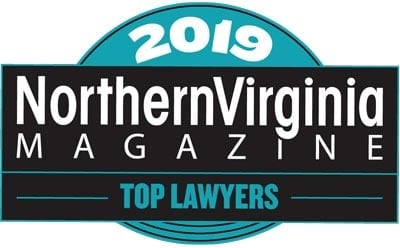Consumer Financial Protection Act Whistleblower Protection
Section 1057 of the Dodd-Frank Wall Street Reform and Consumer Protection Act of 2010 (CFPA) protects individuals who provide information to their employer, to the Bureau, or to any other Federal, State, or local government authority or law enforcement agency relating to any violation of (or any act or omission that the employee reasonably believes to be a violation of) any provision of the Act or any other provision of law that is subject to the jurisdiction of the Consumer Financial Protection Bureau (CFPB), or any rule, order, standard, or prohibition prescribed by the CFPB.
The CFPA also protects individuals who object to, or refuse to participate in, any activity, policy, practice, or assigned task that the employee reasonably believes to be in violation of any law, rule, order, standard, or prohibition, subject to the jurisdiction of, or enforceable by, the CFPB.
CFPA protected whistleblowing includes disclosures concerning:
- Loan fraud – Where the plaintiff banker reported a fellow banker for preparing a loan for disbursement without providing the borrower three days to rescind their decision to borrow as required by state and federal consumer protection statutes, the District Court for the Southern District of West Virginia held this could be protected activity. Vaghela v. Huntington Bancshares, Inc., 2018 WL 2014087 (S.D. W.Va. Apr. 30, 2018).
- Mortgage overbilling – Where the plaintiff mortgage attorney reported what he believed to be a widespread practice of significant overbilling of mortgage loans by a mortgage foreclosure firm, the District Court for the District of Maryland held that this could be protected. Yoder v. O’Neil Group, LLC, 2017 WL 6206074 (D. Md. Dec. 8, 2017).
- Banking fraud – Where former bank employees alleged termination for reporting fraudulent sales practices that they alleged were violations of the Truth in Lending Act, the Home Ownership Equity Protection Act, and the Real Estate and Settlement Procedures Act, the District Court for the Northern District of Illinois held reporting violations of any of these statutes would be protected activity and retaliatory termination for objecting to these violations would violate the CFPA. Lysik v. Citibank, N.A., 2017 WL 4164037 (N.D. Ill. Sep. 20, 2017).
- Lapses in bank management and judgment – Where a bank’s treasurer and chief financial officer uncovered and reported serious mismanagement of a bank and its funds, including the bank’s president using the business credit card for personal expenses and engaging in a pattern of unusual check cashing by cashing checks by placing holds on employee accounts, the District Court for the District of Massachusetts held this could constitute protected activity. Becotte v. Cooperative Bank, 2017 WL 886967 (D. Mass. Mar. 6, 2017).
- While the CFPB’s whistleblower protections are relatively broad, simply asking questions about alleged violations of banking laws will generally not constitute protected conduct. The Sixth Circuit Court of Appeals has held that where a mortgage loan originator had a conversation with his employer bank’s mortgage compliance department about the obligation to mail out adverse action notices informing mortgage loan applicants that they had been denied loans and liability for failure to do so, he did not engage in protected activity. The court held the plaintiff-employee did not engage in protected activity because he did not object to the unlawful practice and instead only asked questions confirming and clarification what he should do in the future. The court, in its decision, implied that if the mortgage loan originator had instead objected to unlawful activity rather than only asking questions, his activity would have been protected under the CFPA, and his employer may have violated the statute by terminating his employment. See Veard v. F&M Bank, 704 Fed. Appx. 469 (6th Cir. 2017).
For more information about the CFPA whistleblower protection law, see these resources:
OSHA Issues Final Rules Implementing Consumer Financial Protection Whistleblower Law
Consumer Finance and Banking Whistleblower Protection Law
Filing Whistleblower Complaints under the CFPA – OSHA
CFPA Whistleblower Retaliation Remedies or Damages
Experienced and Effective CFPA/Consumer Financial Protection Whistleblower Protection Lawyers
Before hiring a lawyer for a CFPA whistleblower retaliation case, assess the lawyer’s reputation, prior experience representing whistleblowers, knowledge of whistleblower laws, and prior results. And consider the experience of other whistleblowers working with that attorney. We have extensive experience representing whistleblowers under a wide variety of corporate whistleblower protection laws. See our client testimonials by clicking here.
To learn more about whistleblower rewards or whistleblower protections, call the whistleblower lawyers at Zuckerman Law for a free consultation at 202-262-8959, or click here.












